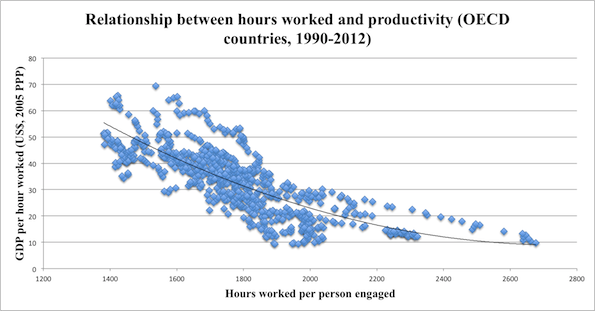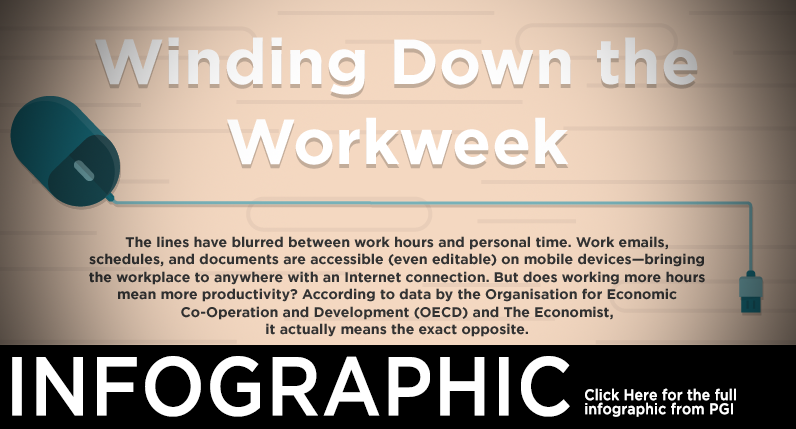Billionaire business tycoon Carlos Slim thinks you would be more productive if you had time to take a yoga class, play with your kids more, have a leisurely lunch with a friend, or perhaps take a long weekend before heading into the office.
At the 20th annual meeting of the Circulo de Montevideo Foundation in Paraguay, Slim, the CEO of Mexican phone giant Telmex, argued that people should have four-day weekends.
Related: The New Workplace Trend: Smartphone Mini-Vacations
As The Financial Times reports, Slim made the case for a “radical overhaul” in the time people devote to their work. Rather than having people retire when they are 50 or 60, Slim argues people should retire much later, working fewer hours throughout their working years.
“People are going to have to work for more years, until they are 70 or 75, and just work three days a week – perhaps 11 hours a day,” he said. “With three work days a week, we would have more time to relax; for quality of life. Having four days [off] would be very important to generate new entertainment activities and other ways of being occupied.”
Easy for a guy with an estimated net worth of $80 billion to say, right?
Well, actually, he has a point.
According to recent data from the Organization for Economic Co-operation and Development and the Economist, as people work more hours, productivity decreases. As the chart shows, the more hours worked, the more GDP-per-hours worked goes down.

Many Americans are running on the corporate treadmill like never before. In a new survey of 600 of its customers, online meeting company PGi found that 88 percent said that they work more than 40 hours per week. More than one in five respondents said they work more than 50 hours per-week. Just over 70 percent said they take home their work on a weekly basis, and roughly one-fourth of respondents said they bring their work home four or more days each week.
GDP that is increased by inefficient use of resources is still increased. U.S. GDP per capita is higher than all but nine other countries in the world, according to the World Bank. But the question Slim and others are raising is whether the incremental gain from the 48th or 60th hour worked in a given week is worth the stress it places on workers – especially when cutting back hours and increasing productivity might lead to better outcomes for all concerned.
For example, Norway, Sweden, Australia, Denmark, and Switzerland all have higher per capita GDP than the U.S., though their workers spend less time on the job.
Related: Big Business Trend: Knock Out Disruptive Upstarts
Slim isn’t the first person to suggest a shorter workweek. In 1930, economist John Maynard Keynes predicted that as living standards and wages increased in progressive countries, people would work as little as 15 hours per week by 2030. He envisioned that people would make the decision to work less hours and spend more time pursuing leisure activities. For the moment—at least in the United States—his prediction appears to be nothing more than wishful thinking.
Top Reads for the Fiscal Times:




